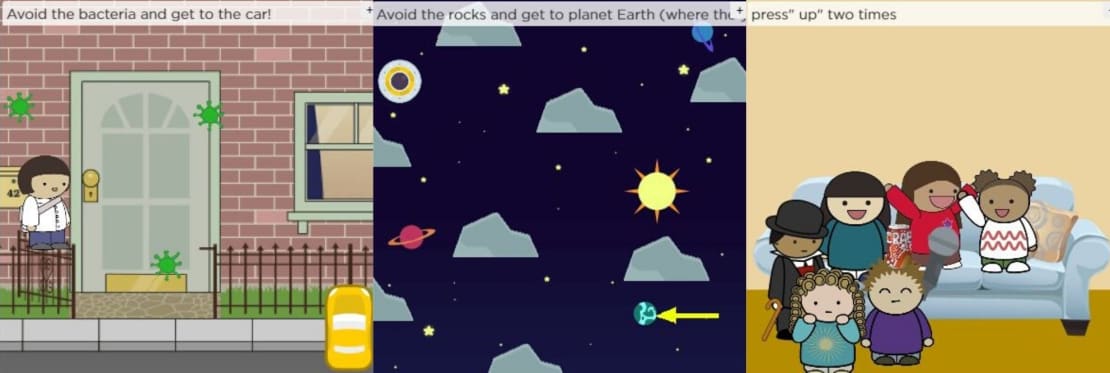
Last week, 52 high school students in Minnesota finished a two-week course taught by IceCube-trained educators. The class was supported by Upward Bound, a federally funded program that provides precollege opportunities for high school students from low-income families whose parents didn’t attend college. Their goal is to increase the rates at which participants enroll in and graduate from postsecondary institutions. Since 2004, IceCube has provided curriculum and support for the Upward Bound summer program at the University of Wisconsin-River Falls.
IceCube’s Upward Bound class is taught by teachers and informal educators who have gone through the PolarTREC program, which sends educators to the polar regions for field research experience. Katey Shirey, IceCube’s 2010 PolarTREC educator, has been involved in Upward Bound since 2009 and led the effort this year. Jocelyn Argueta, IceCube’s 2019 PolarTREC educator, was her co-instructor.
While Upward Bound students usually meet in-person on UWRF’s campus, the pandemic forced this year’s program to go virtual. “By going online this year, we had to be careful that we still created an engaging experience, avoided screen time burnout, remained student-centered, and allowed students to create a high-quality product that they would be proud of,” says Shirey.
With the help of Dr. Magesh Chandramouli from Purdue Northwest who created four custom modules on computational thinking for this session, Argueta and Shirey coplanned a digital design challenge that could be fully completed online using code.org, a nonprofit with free and accessible computer science curricula for K-12 students. They led the Upward Bound students through learning the basics of coding: variables, loops, conditionals, operators, and more. For many of the participants, this was their first experience with coding. Their final assignment was work with a partner to follow the steps of engineering design and create a computer-coded illustration or animation that expressed a personal reflection of 2020 or optimism for 2021. The students’ projects included games, animations, drawings, and even apps.
In an Instagram post reflecting on the experience, Argueta wrote, “My favorite moment was probably when a student, surprised by their own ability asked, “Am I really getting it? Did I really do it correctly?” Yes, you did!!”